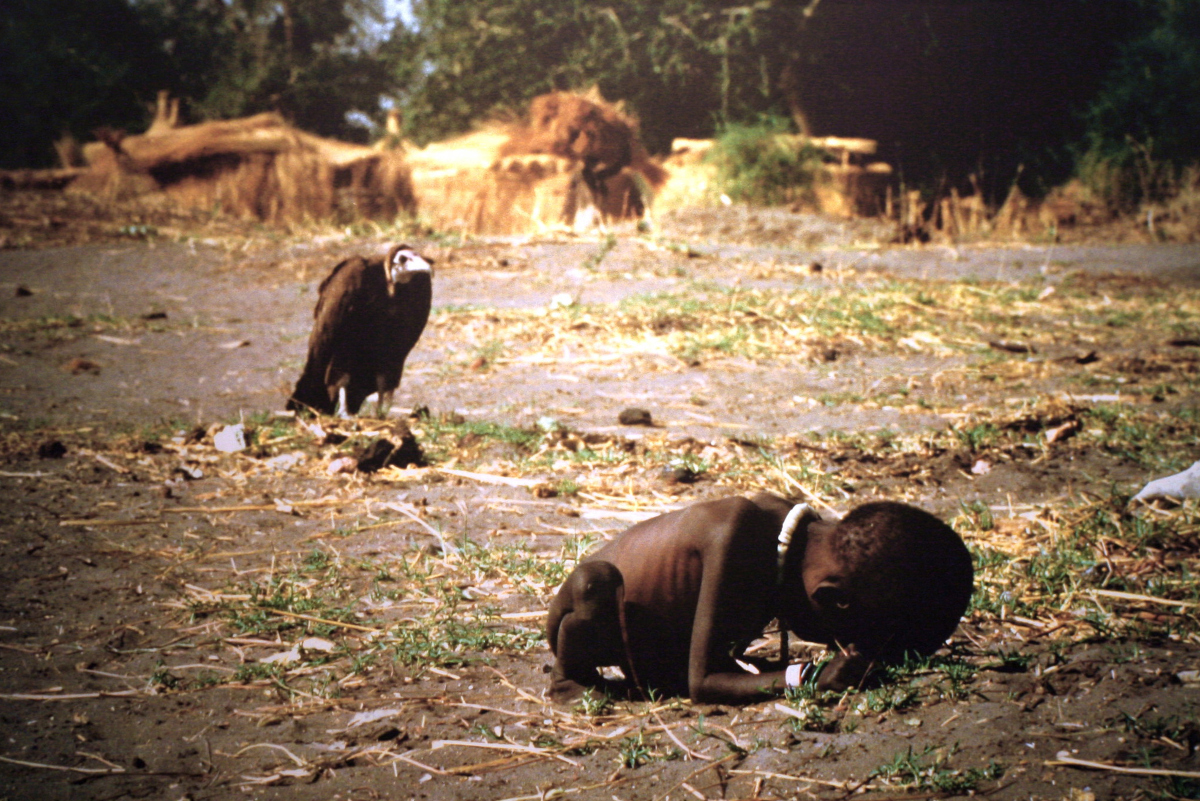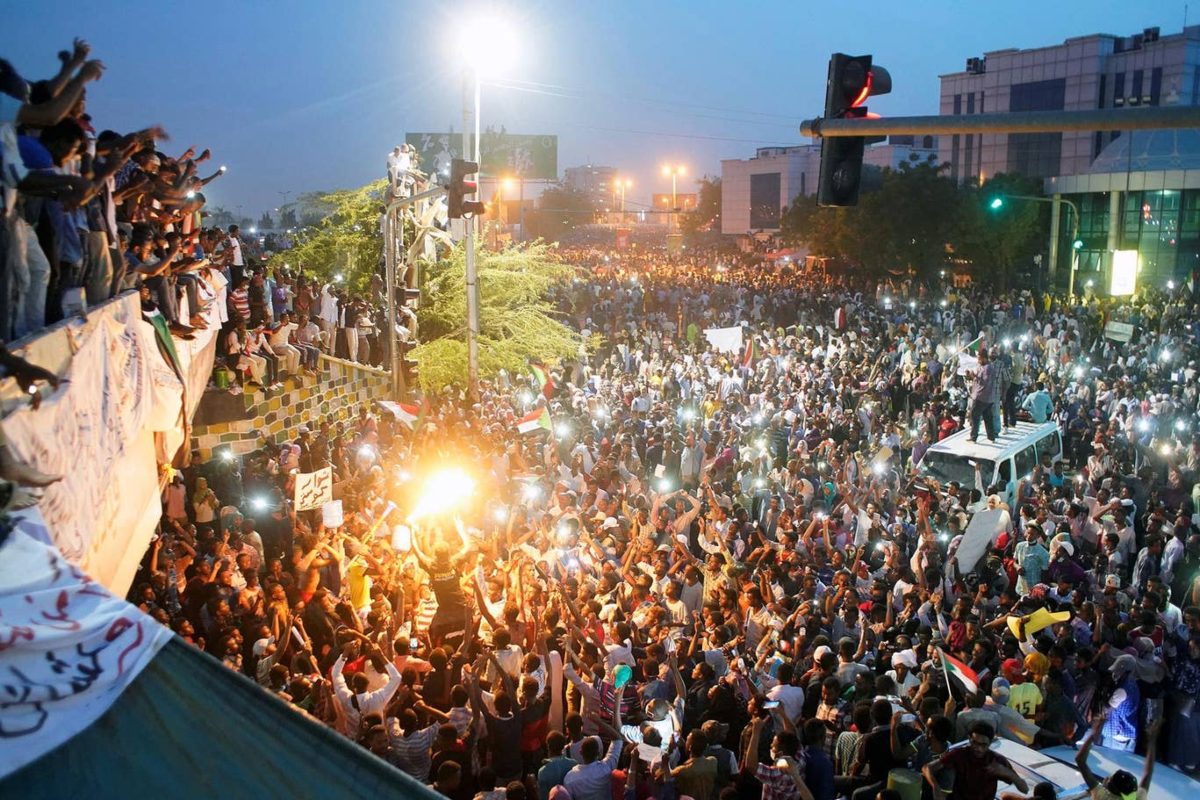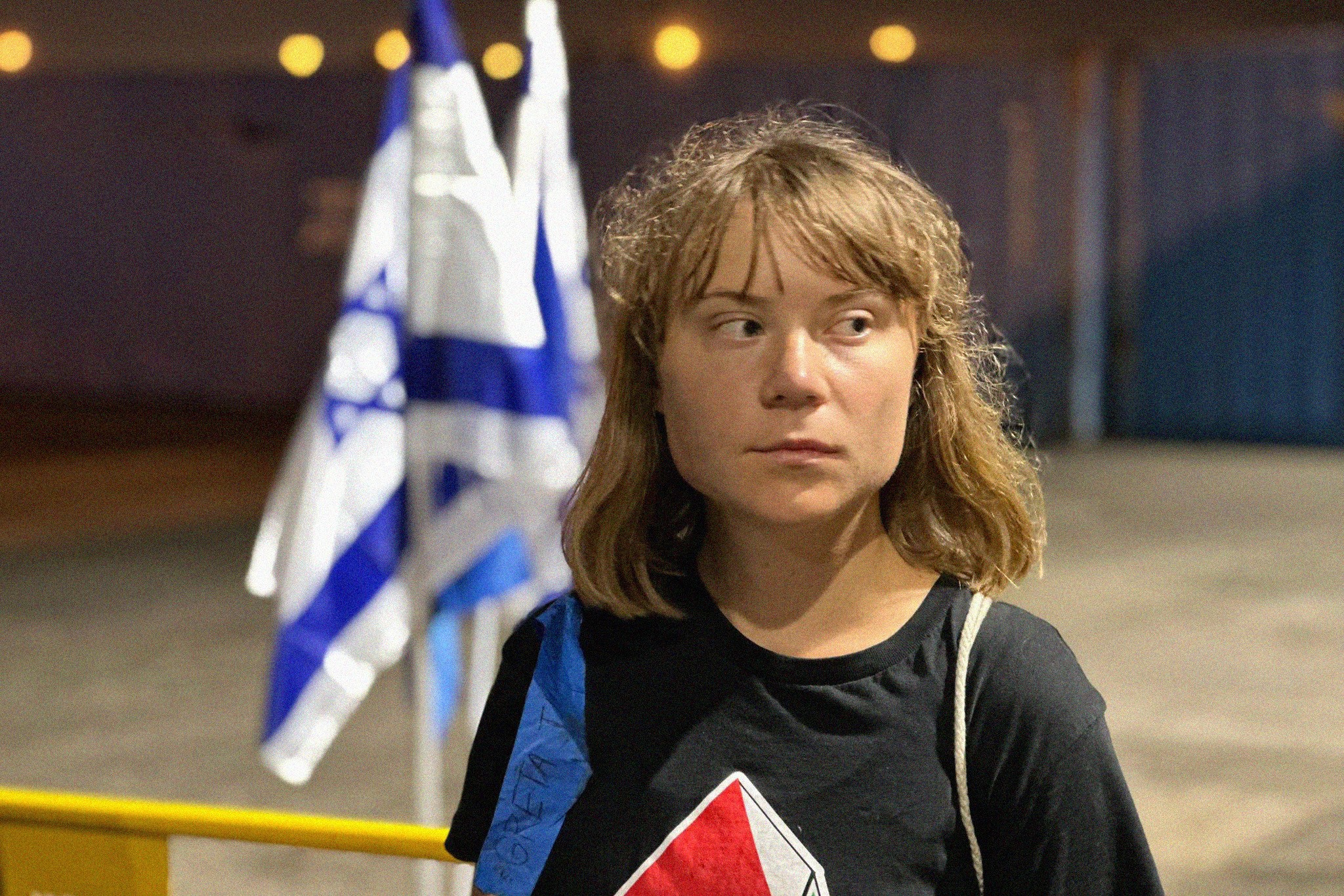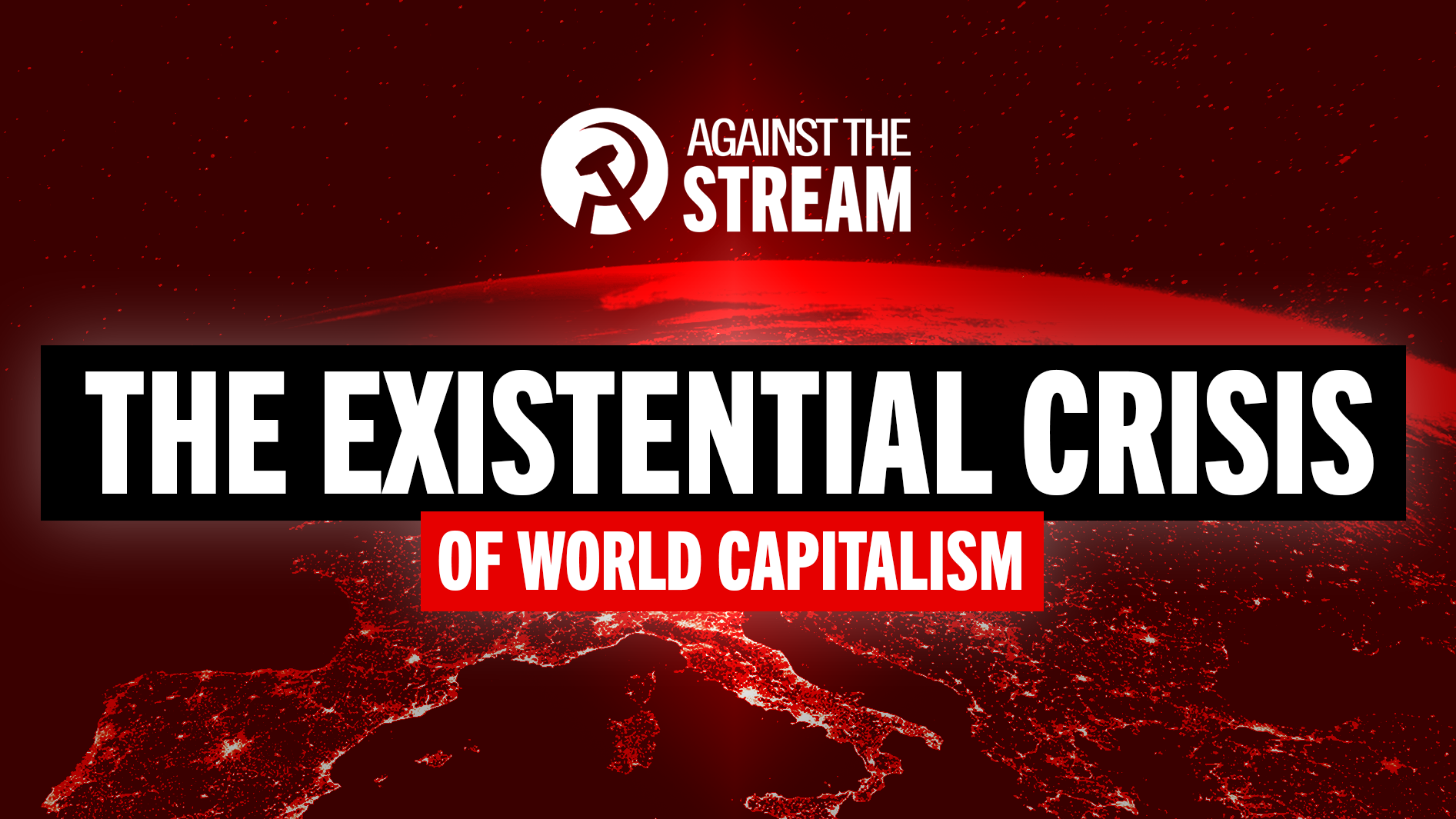A recent report estimates that half the world’s workforce will lose their livelihoods as a result of the pandemic. Capitalism is destroying people’s lives. We must fight for a system that works for the billions, not the billionaires.
According to the International Labour Organisation (ILO), 1.6 billion workers have lost, or are at risk of losing, their livelihoods due to the COVID-19 crisis. This is 24 times the entire population of Britain. It is also over half of the world’s workforce of 3.3 billion.
Not only is this number unprecedented, it is completely unfathomable to many. Capitalism has failed so badly that one half of the workforce – the very people that make the whole system function – are faced with destitution.
This shocking statistic reflects the fact that two billion people worldwide – two-thirds of the working population – are working in the ‘informal economy’ or are in precarious work.
In many countries, short-term contracts and bogus self-employment have become the norm for millions. These workers have no fixed income coming in. These precarious workers have faced an immediate, devastating crash in their income.
In Africa and the Americas, the worst affected areas, informal workers face an average of an 81% drop in income.
Enough for everyone
 In most of the world, there are insufficient ‘state safety nets’ for people. That means – for probably near to a billion people – that no income means no food, no housing, and no security, let alone medical bills or hand sanitiser!
In most of the world, there are insufficient ‘state safety nets’ for people. That means – for probably near to a billion people – that no income means no food, no housing, and no security, let alone medical bills or hand sanitiser!
As we have reported elsewhere, despite good harvests, the UN has predicted that 265 million are on the brink of starvation as a result of COVID-19. This is double the pre-pandemic estimates.
All of the resources exist in society to feed the whole planet’s population. But people do not have the money to buy the food that is produced.
Perversely, as workers across the world face extreme hardship, food insecurity, and homelessness, potatoes, fish, and other staple goods are left to rot in fields and warehouses due to a ‘lack of demand’.
At the same time, in the so-called ‘advanced’ capitalist countries, millions of homes and hotel rooms sit empty, whilst millions of vulnerable people sleep rough on the streets every night.
The wealth gap grows
While the global economy may be in a downturn, profits are still rolling in for the capitalist class. Global inequality is still on the increase, as big business pushes to reopen the economy – not because they care about workers in poverty, but because they want to continue lining their own pockets.
On 29 April, one team of data analysts working for the World Bank Group published a prediction that, even after the economy reopens, the impact of COVID-19 would push an additional 49 million people into long-term, extreme poverty.
This gives the lie to all the ‘entrepreneurs’ and academics who sneeringly tell us to ‘look on the bright side’; that ‘living standards are going up’, and that ‘people are wealthier’ under capitalism.
In fact, the situation is exactly the opposite. The rich are getting richer, it is true – but the poor are getting poorer. And while the virus itself ‘doesn’t discriminate’, the consequences of the virus will hit the poorest and most insecure workers the hardest.
Coronavirus has only exposed just how precarious, unequal and exploitative the situation really is for most of humanity. This is the ugly truth: that capitalism can no longer provide a stable living situation to the vast majority of ordinary people.
Capitalism bailed out
In response to this shocking figure, the ILO has told governments that they need to step up their bailout programmes, to include money targeted at informal workers and the industries that employ them.
This is ironic, as we are always told that the capitalist market can innovate a solution to any problem. Instead, at the first sign of trouble, the capitalist market does not innovate. It comes cap-in-hand to the state, begging for a handout.
But if capitalism can’t provide for workers, why bother trying to subsidise it? Why not do away with it altogether?
Billions vs the billionaires
 The growth of the world’s working class has been a massive boon to capitalism. The maths is simple. The workers are the ones that produce all the value the capitalists pocket as profit. And the more the bosses attack wages and conditions, the more workers they force into precarious employment and super exploitation, the more money they can make.
The growth of the world’s working class has been a massive boon to capitalism. The maths is simple. The workers are the ones that produce all the value the capitalists pocket as profit. And the more the bosses attack wages and conditions, the more workers they force into precarious employment and super exploitation, the more money they can make.
This insecurity is not an accident. It is the direct result of capitalism’s drive for profit. COVID-19 has only brought to the surface what was there all along.
Not only are there more workers than ever before, but now capitalism has created a system where the vast majority of workers cannot survive. As the saying goes, if you sow the wind, eventually you will reap the whirlwind.
The maths is simple for us too. 1.6 billion people have nothing, whilst there are just 2,095 billionaires worldwide, with a combined wealth of $8 trillion. A better society is possible on the basis of all this wealth – but only if the wealth is in our hands!
For billions of workers across the world, the overthrow of the system is not just possible, it is necessary for survival.
Migrant and precarious workers thrown on the scrapheap
By Niklas Albin Svensson
In a report released on 29 April, the ILO forecast that 1.6 billion workers in the informal sector will lose 60 percent of their income after one month of the crisis. In the worst-affected countries, poverty rates among informal workers will increase to 84 percent. As the crisis bites, workers in insecure work will face disaster.
Over the past few decades, apologists for capitalism have trumpeted its success in reducing poverty. As hundreds of millions were brought from the countryside into the cities, their incomes (at least on paper) grew. Many of these were brought into informal work in the cities, a sector that grew to encompass more than two billion workers. Now, that same system is reducing these workers to abject poverty.
With the exception of what the ILO defines as upper-middle-income countries (mainly China), the impact is going to be disastrous. Relative poverty (workers with less than half the median income) is set to rise among workers in the informal sector from 28 to 80 percent in the advanced capitalist countries, and from 18 percent to 74 percent in the poorest countries (lower-middle and low income).
In one fell swoop, the workers that had just been supposedly lifted out of poverty have had their livelihoods decimated. The ILO is estimating median earnings of informal workers to fall from $480 to $88 in the lower-middle and low-income countries, and from $1,800 to $450 in high-income countries. This is across the world, in Africa, the Americas, Europe and Central Asia.
This would mean that the median worker in the low and lower-middle-income countries in the informal sector would fall below the $3.20 World Bank poverty line. This group consists of around one billion workers, mainly in South Asia.
This collapse in income has already forced millions of impoverished workers to leave the cities to attempt to return to the villages. The ones that remain are left in a desperate situation, with no income and at the mercy of shantytown landlords who are not likely to obey government edicts.
This is how capitalism treats migrant workers, in particular, when times are good they are pulled out of rural life to serve in the factories on pittance wages. When times are bad, they are thrown on the scrapheap. Whatever crumbs of the table the world’s capitalists granted the poorest in this world, they are now being taken away.






